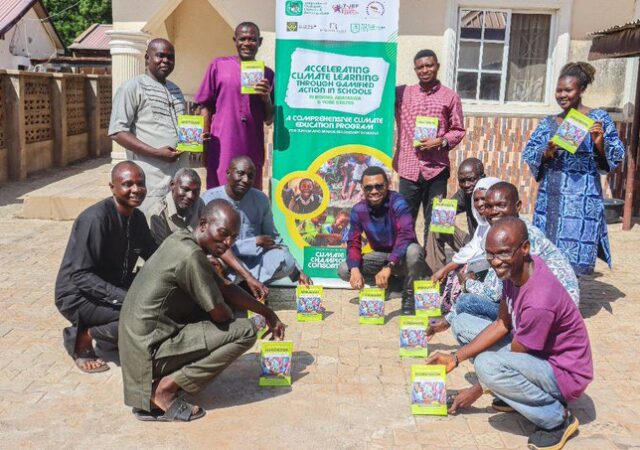By World Climate Foundation
In the early hours of Sunday morning, policymakers at COP29 in Baku finally reached a deal. The governments of wealthy nations will pay developing countries $300 billion a year by 2035 to help with climate mitigation and adaptation.
This New Collective Quantified Goal (NCQG) is triple the previous public finance target but remains far short of the estimated $1.3 trillion a year that the most vulnerable countries need to combat the impacts of climate change, and to adapt for a green future without harming their economies.
While the UNFCCC said the deal would provide “lifeline for billions of people,” it also acknowledged that there is a “mountain of work to do.” Many developing nations blasted the $300 billion accord as vague, insufficient, and a “betrayal” of the most vulnerable.
The deal also pledges to “secure efforts of all actors to work together to scale up finance to developing countries, from public and private sources,” to make up the $1 trillion shortfall.
Along with multilateral development banks such as the World Bank, this herculean task will fall heavily on the shoulders of the private sector. This will require cross-sector collaboration and public-private partnerships to create pathways to mobilise and distribute the necessary finance at speed and scale.
| “This new finance goal is an insurance policy for humanity, amid worsening climate impacts hitting every country. But like any insurance policy, it only works if premiums are paid in full, and on time. Promises must be kept, to protect billions of lives.” – Simon Stiell, Executive Secretary, UNFCCC |
Adaptation involves building homes, roads and other infrastructure that is more resilient to extreme weather such as flooding, or new dams to mitigate drought, along with ensuring that critical industries like agriculture can become more sustainable without harming livelihoods and local economies.
Reducing emissions will also require massive investment in renewable energy sources, cutting the carbon output of hard-to-abate sectors and making developing economies less reliant on carbon-intensive industries.
These priorities are already the focal point of the World Climate Foundation’s year-round work via partnership-driven initiatives such as the Climate Investment Coalition, the Nature Investment Coalition, and the Investment Mobilisation Collaboration Alliance (IMCA).
Source: World Climate Foundation







Precisely what I was searching for, thankyou for posting.
I couldn’t resist commenting
As I website owner I believe the subject matter here is really wonderful, regards for your efforts.
you are in reality a excellent webmaster. The website loading velocity is amazing. It sort of feels that you are doing any unique trick. In addition, The contents are masterwork. you’ve performed a great process in this subject!
Hi! I just wanted to ask if you ever have any problems with hackers? My last blog (wordpress) was hacked and I ended up losing months of hard work due to no back up. Do you have any methods to protect against hackers?
An interesting discussion is worth comment. I think that you should write more on this topic, it might not be a taboo subject but generally people are not enough to speak on such topics. To the next. Cheers